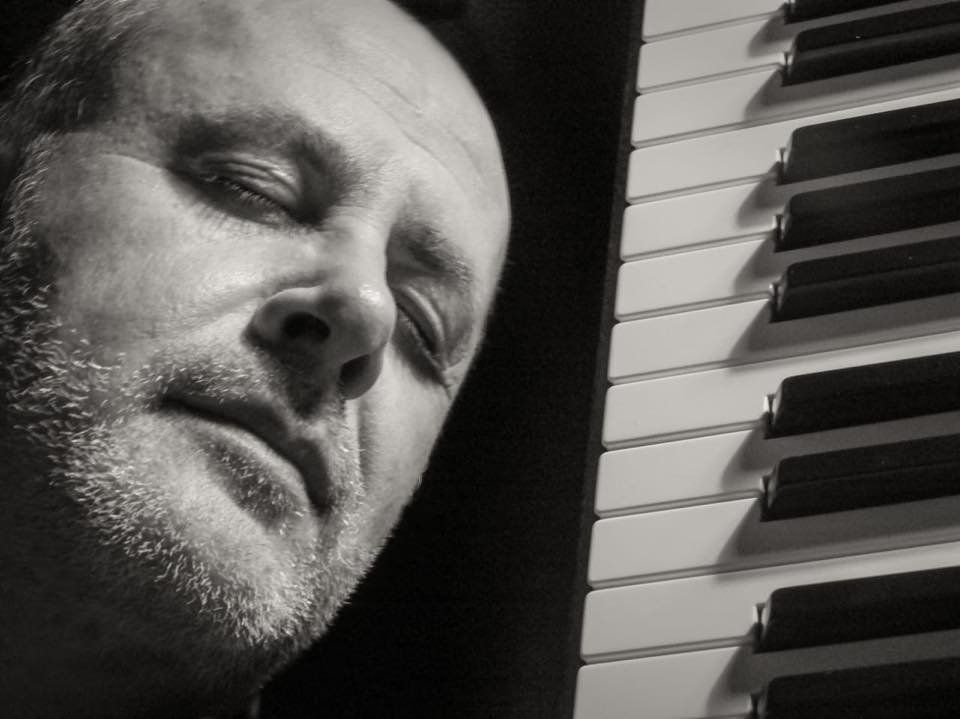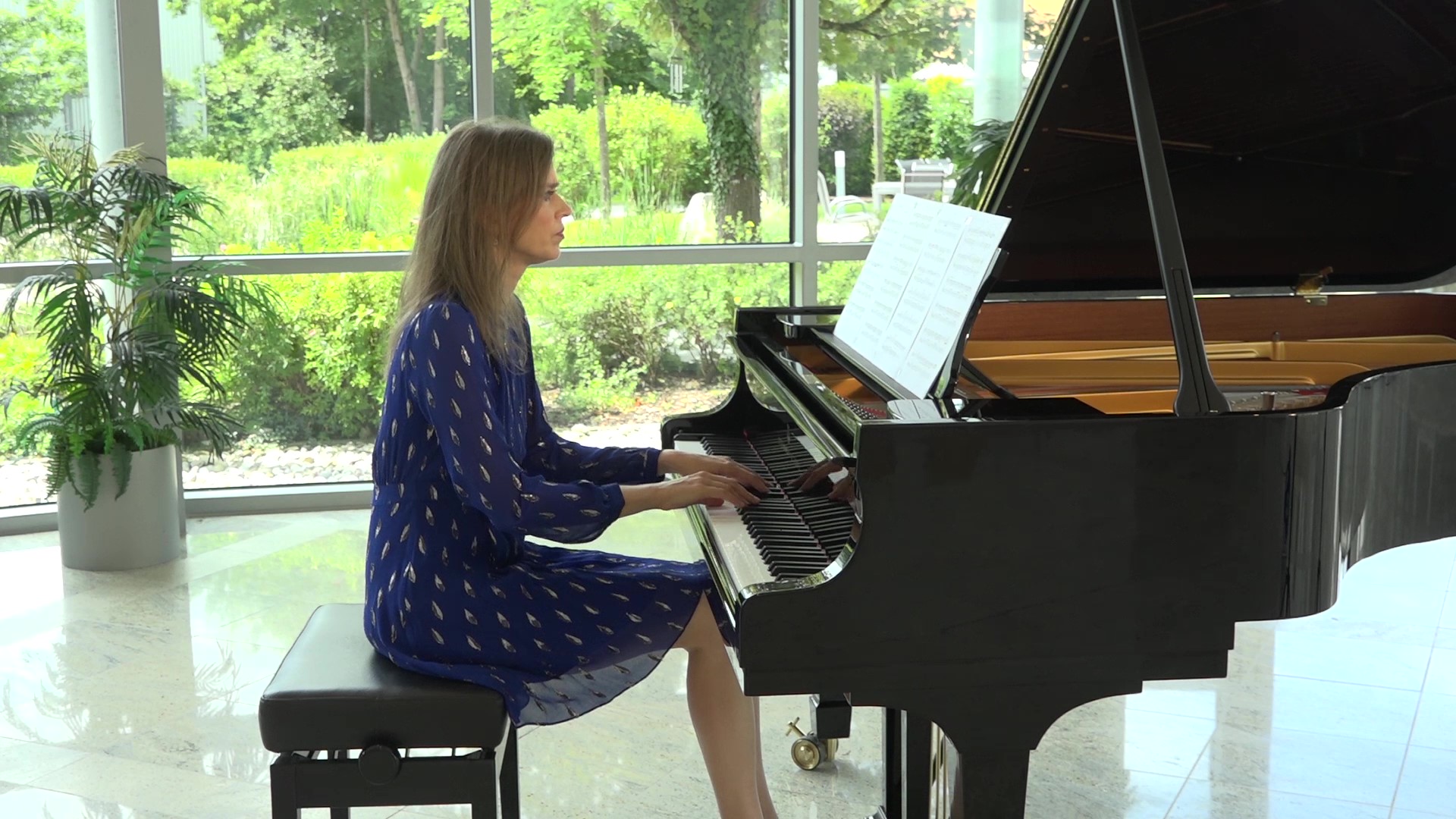About
He was born in Buenos Aires, Argentina. Graduated from the National Conservatory of Music "Carlos López Buchardo". He studied with masters Rafael Gíntoli, Juárez Johnson, Mónica Cosachov (chamber music) Noemi Berti, Rosalyn Tureck and Claudio Aló (piano), Daniel Lamberti and Fernando Taborda (tango), Osvaldo Suárez (arrangements and harmony).
Acted in various halls and auditoriums of the Federal Capital and Gran Buenos Aires; with different groups and as a soloist: Sala Promúsica, Belgrano Auditorium, Alianza Francesa Hall, Golden Hall of the Municipality of La Plata, Sala Dante Alighieri. Papelera Manufacturing, Torcuato Tasso, Sadem, Templum, General San Martin Theater, Teatro Roma, etc.
Inside:
Provinces of Chubut, Santa Fe, Córdoba, Entre Ríos, La Rioja, Ushuaia, Mendoza, Salta and Jujuy.
Abroad:
Chile (Santiago), Soloist.
Italy (Sicily, Marina Di Ragusa, with the typical orchestra "Selección Porteña")
France (Lyon, with the French / Argentine symphonic orchestra, under the direction of Pedro Ignacio Calderón).
México (Tamaulipas) with the company "Tangueros del Sur".
Author and interpreter of the music "Prepare Your Skeleton for the Air" (theatrical work on text by García Lorca, directed by Guillermo Cacace). Pianist and arranger in different musicals; The Wizard of Oz, The Phantom of the Opera, Miss Saigon, Beauty and the Beast, Aladdin, Seussical, Aida, The Fiddler of the Roof, Into The Woods, Love without Barriers, The Miserable, Tommy, Mary Poppins, The Merry Window , among others.
Awards:
1. Winner of the first audience prize and second prize of the jury of the contest "Tango Music Award 2011" (Germany, Sttutgart).
2. First mention in the International Competition of Isla Verde, Córdoba, Argentina, January 2013 for the work "Milongato".
3. First prize in the National contest for the arrangement of the tango "El Choclo" for symphonic band, Santa fe, Argentina, April 2013.
Discography edited:
1. "Buenos Aires in Three Minutes" (tango)
2. "Piazzolla y Bragato" (tango)
3. "The Way and the River" (Folklore)
4. "Coffee the musicians" (urban music)
5. "Poitim" (Celtic)
6. "Gustavo Fuentes Quinteto" (Celta) co-author of the song "Esperando el Imbolc"
Currently integrates the tango group "Sexteto Fernando Taborda" and sextet CV 2.0. He has worked as a teacher since 1995 in the Asociacion Escuelas Lincoln, La Lucila, Buenos Aires, Argentina.

